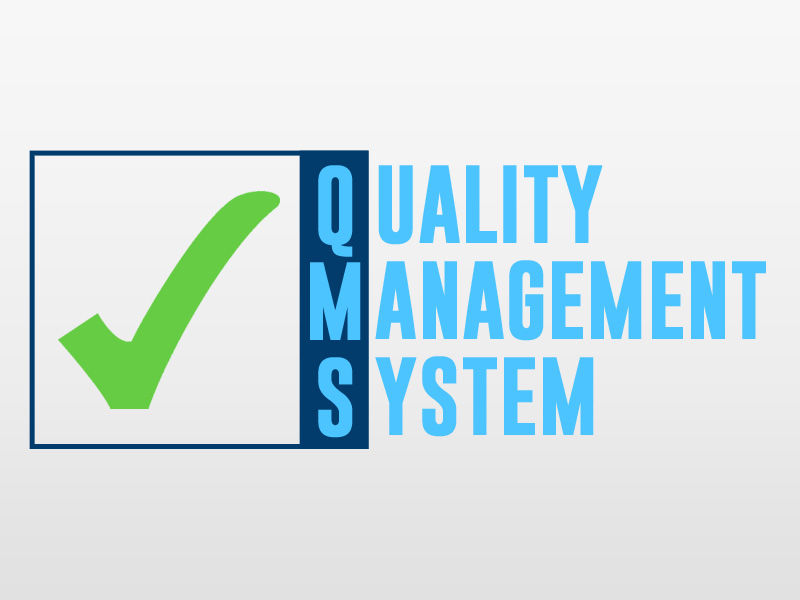A competent and strong manager should be well-prepared to lead teams successfully. For that purpose, a precise set of skills is required to become a renowned manager. Effective managers successfully coordinate projects, make proper organizational decisions, and motivate a team of individuals to overcome obstacles. Therefore, building a solid skill set is vital to accomplishing your professional objectives and advancing in your career, whether you’re pursuing a managerial role for the first time or simply want to improve your leadership style.
As a manager, you must acquire these skills to effectively support others in developing similar qualities. Acquiring knowledge about essential managerial skills can significantly enhance your capabilities. In this article, we will provide a complete guide to becoming a manager and discuss five essential skills that will help you excel in a managerial position.
Leadership skills
To become a successful manager, you should have excellent leadership skills. Managers with such skills are in charge of supervising the work of others and inspiring a team to achieve a common objective. They also facilitate collaboration between teams and departments by leading meetings, assigning tasks, and facilitating collaboration across teams and departments. While it may appear difficult at first, you may take steps to learn this special skill set.
For instance, you can work with a leadership coach to help you improve your skills and learn new ones. They will help you gain the necessary knowledge so you can excel in your new role. Learning about leadership abilities may help you coordinate duties and guide people to finish jobs on time and according to plan. They can also prepare you to perform employee reviews and encourage team members’ professional growth.

Image source: Reactive Executive
Excellent problem-solving skills
Any manager must be able to solve problems. They must be solved before they create major delays in a project or service. You may practice problem-solving by running practice scenarios or taking situation judgment exams, which will help you analyze diverse circumstances and develop answers based on varying degrees of knowledge. Putting in the effort to practice and enhance your problem-solving abilities can help you accelerate the process of making decisions that will lead to the right solution.
Interpersonal skills
Management professions are all about people, and the ability to form effective connections is essential. Quality managers have high levels of emotional intelligence when it comes to interpersonal abilities. They can sympathize with and comprehend their team members’ feelings and motives.
This allows them to provide critical support and direction while also making judgments that are considerate of the team’s well-being. Set aside time to get to know your team members on a personal and professional level, whether through social activities or team-building events. You must demonstrate your managerial skills and authority while still being part of the team.

Image source: Ladders
Quick decision-making abilities
The capacity to make rapid judgments as a manager is critical in handling any possible challenges that may occur. Even if you are unsure about the course you have selected, it is generally much better to act rather than wait for new information. In certain cases, making a fast judgment is critical to pushing a project ahead.
But even if it’s not the best decision, a leader should be able to work through it. A successful leader is willing to make decisions fast rather than postpone them because of uncertainty. Don’t be concerned about information that isn’t yet available; you may improve or even revise your decisions as you learn more facts.
Motivate the employees
A key skill of every manager is the capacity to motivate. Statistics show that only 15% of employees worldwide feel motivated at their workplace. This is a low percentage, which reduces the effectiveness of companies and their progress. That is why managers should try to motivate their employees, as it influences them to perform or respond in a desired manner.
Managers can employ a variety of motivational techniques, and the best ones will rely on factors such as improving corporate and team culture, developing team personalities, and creating a better work atmosphere. For instance, a manager can employ several major forms of incentive, which will motivate employees to perform better and improve overall.
Final thoughts
Taking on a managerial leadership job is not an easy feat. You are in charge of a group of people and are obligated to oversee their activities daily. As a leader, you must have the correct set of abilities to deal with the issues that may occur. Managerial skills include business planning, decision-making, problem-solving, communication, delegating, and time management. These abilities are required in senior management to effectively operate a company and achieve corporate goals. Also, they enable all future managers to stand out and flourish regardless of their current level.







